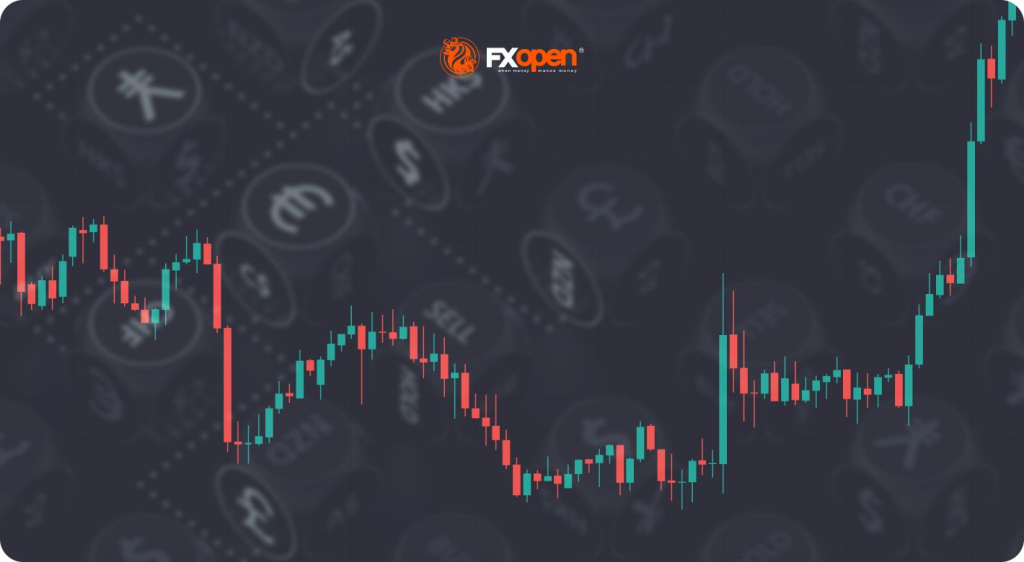Forex Trading and International Trade: Understanding the Global Economic Landscape
Forex, short for foreign change, is the greatest economic market in the world, with a daily trading volume exceeding $6 trillion. It’s where currencies are acquired and distributed, which makes it a vital component of global finance. Forex trading requires the trade of just one currency for still another, and its acceptance stems from the chance to benefit from the varying change rates.
The forex market operates twenty four hours a day, five times per week, because of their decentralized nature. Important economic modems worldwide, such as for example London, New York, Tokyo, and Sydney, contribute to this continuous trading activity. That accessibility makes it convenient for traders from numerous time zones to participate.
Forex trading primarily occurs in currency couples, such as for example EUR/USD (Euro/US Dollar) or USD/JPY (US Dollar/Japanese Yen). The very first currency in the set is the beds base currency, and the second is the quote currency. The trade rate presents the amount of the offer currency required to get one system of the bottom currency. Traders speculate on whether a currency can recognize (go up) or depreciate (go down) in value in accordance with their counterpart.
To take part in forex trading, one needs a forex broker, an economic intermediary that delivers access to the forex market. Brokers provide different trading tools, instruments, and assets to simply help traders make educated decisions. Also, traders can choose between various kinds of records, such as for instance standard, mini, or micro accounts, relying on their risk tolerance and trading capital.
Complex and essential evaluation are two simple strategies found in forex trading. Complex analysis involves understanding famous cost graphs, designs, and signals to estimate future value movements. In contrast, basic analysis focuses on economic and geopolitical facets that may affect currency values. Successful traders frequently combine both methods to create well-informed trading decisions.
Chance management is an essential part of forex trading. Traders use stop-loss requests to restrict possible losses and take-profit requests to protected profits. Power, a double-edged blade, can improve both gains and losses, so it can be used wisely. Traders shouldn’t invest significantly more than they can afford to lose.
Psychology represents an important position in forex trading. Thoughts like fear and greed may result in impulsive decisions, producing losses. It’s essential for traders to metatrader keep up discipline and stay glued to a trading plan. Frequent understanding, practice, and changing to adjusting industry conditions are key to long-term achievement in the forex market.

In conclusion, forex trading is a dynamic and accessible industry that provides ample opportunities for profit. Traders can participate in that world wide market, capitalizing on currency price fluctuations. Nevertheless, it’s necessary to approach forex trading with warning, emphasizing risk administration, informed decision-making, and constant learning how to steer the complexities of the international change market.
